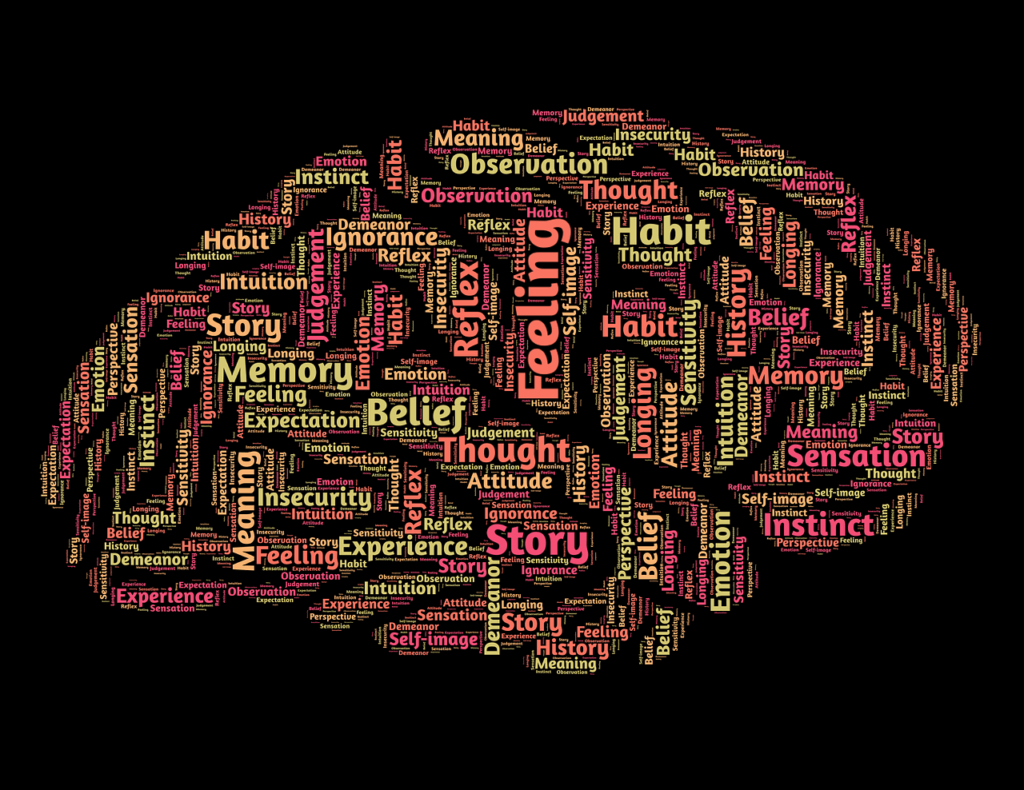Life has never moved faster than it does today. Add to this the significant changes to our communities, cultures, and the way we see and understand meaning in the world, and we have the stage set for a whole host of issues that are compounded, if not caused by a lack of skills and strategies that were previously passed on through the practices we engaged in social and culturally.
And this is very noticeable in the world today. People are finding it increasingly hard to deal with their internal and external world, and we chase quick fixes over solid solutions. A pill rather than a skill set so to speak.
What we need then is a substitute for the underlying core processes that helped us navigate the internal and external. This is where something like psychological flexibility comes into play.
But what exactly is psychological flexibility, and why is it so crucial for our well-being? In this post, I would like to explore the concept of psychological flexibility, its significance, and how it can help you lead a more fulfilling life.

What is Psychological Flexibility?
Psychological flexibility refers to the ability to adapt and respond effectively to changing circumstances, shift perspectives, and balance competing demands in life. It is the capacity to stay in the present moment, open up to experiences, and take meaningful action aligned with your values. This concept is central to Acceptance and Commitment Therapy (ACT), which emphasizes three core processes (or 6 if we break them up into smaller parts), often referred to as the triflex: being present, opening up, and doing what matters.
Being Present
Being present means fully engaging with the here and now, rather than being caught up in thoughts about the past or future. This involves paying attention with openness, curiosity, kindness, and flexibility, which allows us to observe our thoughts and feelings without getting entangled in them. For example, when you’re having a conversation with a friend, being present means actively listening and responding, rather than letting your mind wander to other things. In today’s world, where distractions from smartphones and social media are constant, practicing the special form of paying attention can be a game-changer. It helps you to savor each moment, whether it’s enjoying a meal, taking a walk, or simply breathing.
Opening Up
Opening up involves accepting our thoughts and emotions without trying to avoid or control them. This doesn’t mean we have to like these experiences, but rather, we acknowledge them as they are. For instance, if you’re feeling anxious about meeting new people at an event, instead of trying to suppress your anxiety, you recognize it and allow it to be there. This acceptance reduces the struggle and frees up energy to focus on what’s important. By allowing your emotions to just be there, you also reduce their power over controlling your actions. Imagine you’re arguing with your partner; acknowledging what’s going on with your emotions rather than fighting them can actually help you learn to act effectively, which may mean acting calm and being able to notice what’s really going on.
Doing What Matters
Doing what matters is about taking committed action guided by your core values. It’s about making choices that are in line with what truly matters to you, even in the face of difficulties. For example, if you value health, you might choose to exercise regularly and eat nutritious foods, even when you’re busy or stressed. This process helps you lead a life that is rich and meaningful. Consider someone who values family; despite a hectic work schedule, they prioritize spending quality time with their loved ones. This alignment with core values not only brings satisfaction but also a sense of meaning and purpose to our lives.

Why Does Psychological Flexibility Matter?
Psychological flexibility is not just a theoretical concept; it has real, tangible benefits for our lives. There are thousands of studies that show these processes to be very real and affect the outcome and trajectory of your life. In fact, Psychological flexibility is one of the most important skills you will ever learn because it fundamentally shapes the way you interact with your thoughts, emotions, and the world around you.
Here’s why:
- Enhances Emotional Well-being: By learning to accept and embrace your emotions, even the difficult ones, you reduce the power they have over you. This acceptance can lead to a more balanced state of mind. And despite whatever difficult emotions you do have, life still is meaningful and fulfilling.
- Promotes Resilience: Life is unpredictable and often throws challenges our way. Psychological flexibility equips you with the tools to adapt and bounce back from setbacks. Instead of being overwhelmed by stress or failure, you learn to navigate through difficulties with greater ease and maintain your course towards your values and goals.
- Strengthens Relationships: Being present and open in your interactions fosters deeper connections and trust with others. This skill allows you to manage conflicts more effectively, communicate more openly, and build stronger, healthier relationships.
- Increases Life Satisfaction: Aligning your actions with your core values brings a profound sense of purpose and fulfillment. When you live according to what truly matters to you, every moment becomes more meaningful, and your overall life satisfaction increases.
- Empowers Personal Growth: Psychological flexibility encourages you to step out of your comfort zone and face your fears. This willingness to confront discomfort is essential for personal development and achieving your aspirations.
- Facilitates Mindful Living: Being present allows you to fully engage with life’s moments, making your experiences richer and more vibrant. Mindfulness enhances your ability to appreciate the small joys and navigate the complexities of life with clarity.
- Improved Mental Health: Research has shown that psychological flexibility is linked to better mental health outcomes. People who are more psychologically flexible are less likely to experience anxiety, depression, and other mental health issues. For example, someone who can accept their feelings of sadness without judgment is less likely to become overwhelmed by them, and more likely to take steps to improve their mood.
In essence, psychological flexibility transforms your approach to life. It helps you to not just survive but to thrive and flourish, like the ancient Greeks expressed in their concept of Eudaimonia. This skill is foundational for finding strength and meaning in every experience, leading a resilient, fulfilled, and value-driven life.
Conclusion
Psychological flexibility is a powerful skill that can transform the way we navigate life. By being present, opening up to our experiences, and taking action aligned with our values, we can improve our mental health, strengthen our relationships, and increase our overall well-being.
In a world that often feels chaotic and overwhelming, psychological flexibility offers a path to greater resilience and fulfillment. Mental fitness, or the practice of cultivating psychological flexibility, is a fantastic first step. If you would like to get started developing a flexible mind in a personalized way with 1:1 Mental Health Coaching, scroll down and see how you can organize a free consultation today!





